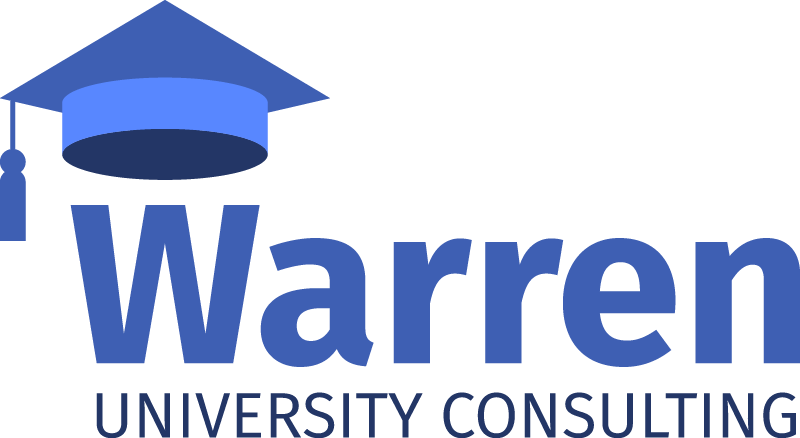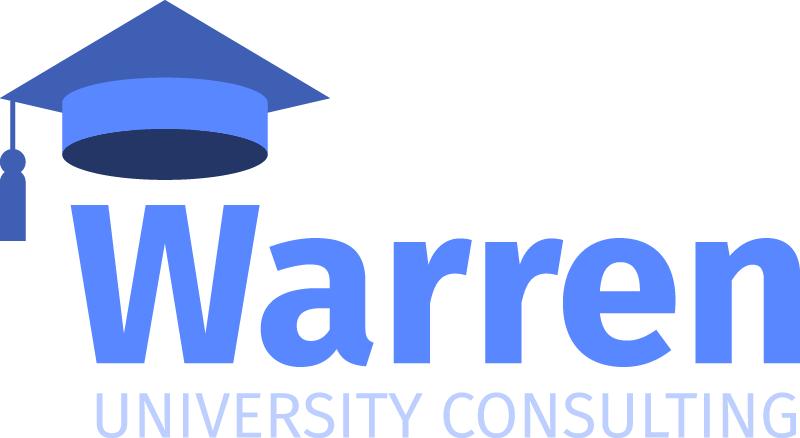
Questions to Ask When Picking a Private University/College Counsellor
Deciding on the ideal college for you is an important choice, and having a supportive counsellor can play a crucial role in this journey. If you are a parent or student looking for someone to guide you through the process, you know that there are many companies and individuals offering services, but It’s essential to consider some key aspects when selecting a counsellor to make an informed decision. Let’s delve into these factors to ensure you choose the right guide for your college application process.
Qualified University Counsellor
Begin your search by ensuring that the advisor holds the necessary qualifications for university counselling. Look for certifications and expertise that demonstrate their knowledge of the intricate college application process. A qualified university counsellor possesses the skills to guide you through academic decisions and set you on the right path for your future. For example, our founder has a Graduate Certificate in University Counselling through UCLA, awarded with distinction, and 14+ years of experience working with students and families.
Qualified Social/Emotional Counsellor
Beyond academic considerations, your emotional well-being is paramount during the college application journey. Choose a counsellor with qualifications in social and emotional counselling to provide holistic support. This dual expertise ensures that your advisor can address both the academic and emotional aspects of the process, fostering a balanced and supportive environment. Our founder, Andrew, received his Master of Education in Counselling from Lehigh University, and was a Counsellor at international schools for 14 years.
Proven Track Record
Inquire about the advisor’s experience and track record. A counsellor with a proven history indicates their effectiveness in assisting a diverse range of students applying to universities worldwide. Consider testimonials or success stories that showcase their ability to adapt and navigate the unique challenges associated with international college applications. Specifically look for years of experience, a wide range of admittances, and an international student base.
Well-connected and Respected
The counsellor’s network within the higher education community can significantly impact your opportunities for success. Look for an advisor who is well-connected and respected in the industry. These connections can provide valuable insights into the college application process, offering a nuanced understanding of what universities are looking for and potentially opening doors for you. Something you can look out for is membership in various university counsellor professional organizations, such as IACAC or IECA, both of which our founder is a member of.
Comfortable Communication
Effective communication is crucial in any advisor-student relationship. Choose an advisor with whom you feel comfortable communicating openly. An approachable and understanding demeanour creates an environment where you can express your concerns, share your ambitions, and seek guidance, fostering a positive and productive counselling experience.
Find an expert
The process of selecting a college advisor requires thoughtful consideration of their qualifications, track record, and communication skills. Prioritise a counsellor with expertise in university and social/emotional counselling, a proven track record of success, strong connections in the higher education community, and a supportive holistic approach. By choosing a well-rounded and experienced advisor, you can navigate your college journey with confidence and set the foundation for a successful academic future.
What we offer you at Warren UC
At Warren University Consulting, we focus on a personalized approach for each student, following a proven system developed over 15 years of experience. We guide students through all aspects of the application process, including establishing an application theme, essay development, extracurricular activity curation, application list development, testing guidance, and addressing any specific students concerns such as learning differences, grade fluctuations, advice on who to seek out for letters of recommendation, etc. If you are interested in working with a private counsellor, have a meeting with your parents to discuss your priorities, and then do your homework by identifying and interviewing at least 3 possible people to work with.




